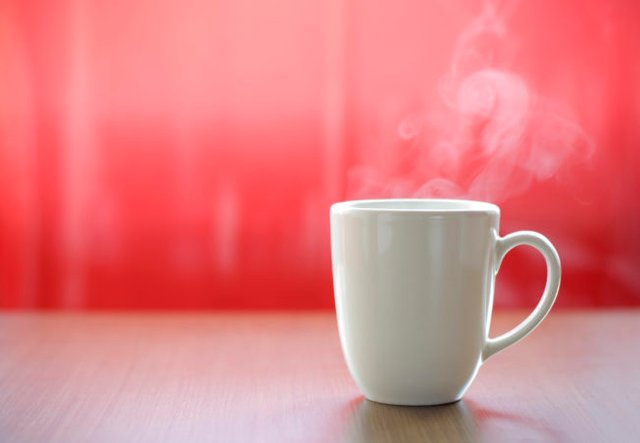Coffee, Tea, Energy Drinks: Can You Overdose on Caffeine?

Caffeine is almost ubiquitous. Coffee beans, tea leaves, kola nuts and cacao naturally contain caffeine. It’s in many beverages and even, in small amounts, in chocolate.But while caffeine is safe, it can be harmful — or even fatal — when misused or consumed in excess.Daily doses of up to 400 milligrams per day appear to be harmless. To put that in perspective, here are rough estimates of caffeine content for:
- Coffee and tea: One cup of brewed coffee has about 100 to 200 milligrams of caffeine, and one cup of white, green or black tea has about 20 to 80 milligrams of caffeine.
- Soft drinks: The caffeine limit for a 12-ounce cola or “pepper” soft drink is 71 milligrams per 12 ounces.
- Energy drinks: The caffeine in energy drinks can exceed 200 milligrams per serving. Note: It is easy to be misled by the heavy caffeine content in small drinks — or the number of servings in a container — and inadvertently consume too much. (The high doses of caffeine make energy drinks unsafe for smaller children.)
The effects of caffeine
Blood levels of caffeine peak within one hour of drinking a caffeinated beverage and remain there for four to six hours.Caffeine’s benefits include increased alertness, and it is also used as a treatment for headache. Studies propose other health benefits, as well.However, because caffeine is a diuretic, it makes your body lose more water than usual. So drinks that contain caffeine aren’t good for quenching your thirst.
The risks of caffeine
The milder adverse effects of caffeine include palpitations, tremor, agitation, heartburn and diarrhea.More serious adverse neurologic and cardiac effects occur when too much caffeine is consumed, and have led to death. The following effects have been reported with doses of caffeine exceeding 480 milligrams a day:
- Arrhythmias (heart rhythm disturbances)
- Rapid heart rate
- Cardiac ischemia (narrowing of the heart’s arteries)
- Seizures
- Hallucinations
- Muscle breakdown (rhabdomyolisis)
- Death
There is no specific antidote for caffeine excess. Treatment is generally supportive. Emergency physicians may administer a benzodiazepine such as valium for agitation and seizures, or beta blockers or other anti-arrhythmia drugs for cardiac dysfunction from a rapid heart rate.
Take-home message
It’s important to be aware that if you drink three or four cups of coffee or strong tea within a short period of time, you could potentially put yourself at risk.Should you find yourself experiencing more than the occasional jitters, heartburn or loose stool from caffeine, it is reasonable to seek emergency care. Any life-threatening abnormality should prompt a 911 call immediately.